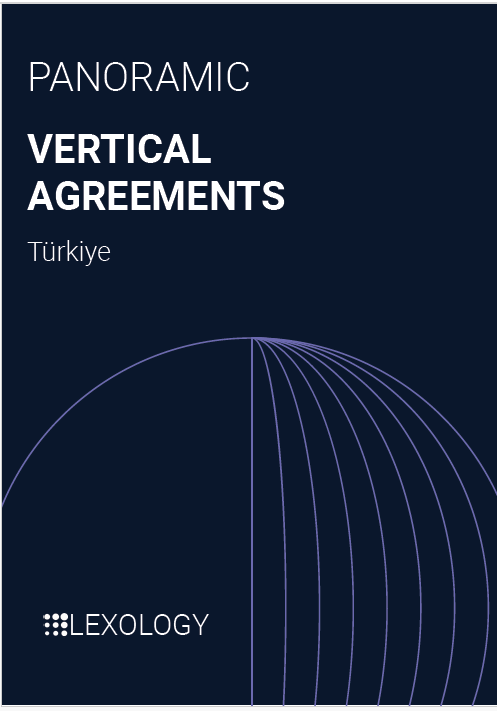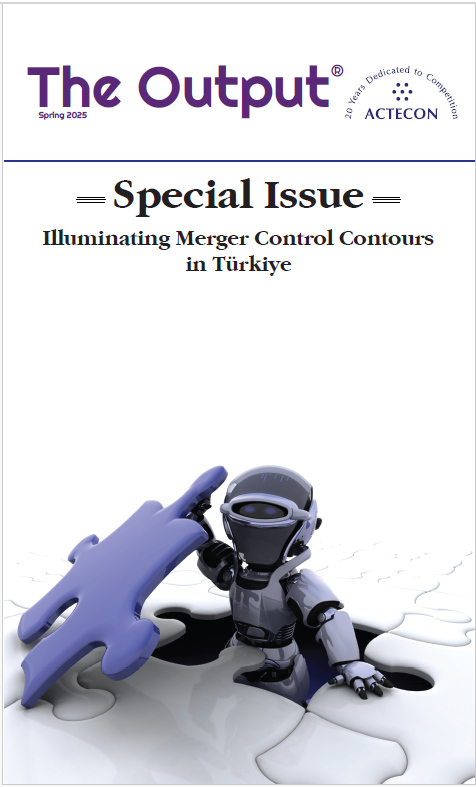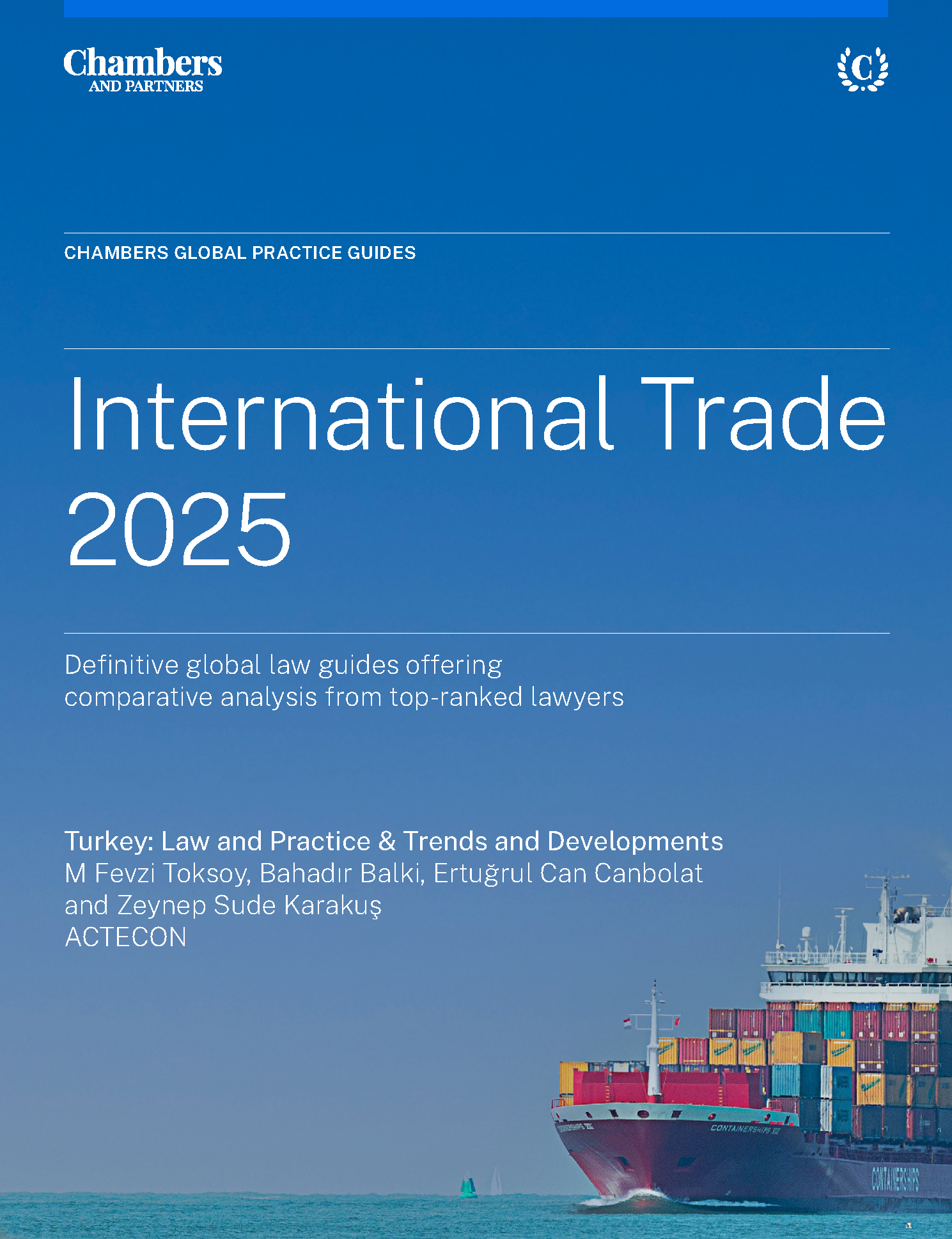Commitment Mechanism: The TCA’s First Rejection Decision
| Competition Law

Commitment Mechanism: The TCA’s First Rejection Decision
Article by Erdem Aktekin, Nabi Can Acar, and Doğa Küçükay
On 28.08.2020, The Turkish Competition Authority (“TCA”) rejected an application with respect to the newly introduced commitment procedure for the first time via its decision numbered 20-36/485-212. (“Rejection Decision”). This decision is of particular importance since it sets out details about the deadline to offer commitments during an investigation. Under this piece, we are going to briefly explain the background of the newly introduced commitment procedure under the Act on the Protection of Competition (“Competition Law”) and later delve into the freshly published Rejection Decision.
Commitment Mechanism under Competition Law
To give a brief background, the commitment procedure was introduced under Turkey’s competition legislation via an amendment made under Article 43 of the Competition Law back in 16.06.2020:
“(Amended paragraph 16.06.2020-7246/Article 9) Relevant undertakings or associations of undertakings may offer commitments in order to eliminate the competition problems under Article 4 or 6 which may arise during an ongoing preliminary inquiry or investigation process. If the Board decides that the proposed commitments can resolve the competition problems, it may render these commitments binding for the relevant undertakings or associations of undertakings and decide not to initiate an investigation or to terminate an ongoing investigation. Commitments shall not be accepted for naked and hard-core infringements such as price fixing between competitors, region and customer allocation, or supply restriction. The rules and procedures concerning the application of this paragraph shall be established with a communiqué issued by the Board.”
According to Article 43 of the Competition Law, undertakings can offer commitments (i) during an ongoing preliminary inquiry or investigation period and (ii) on infringements that are not deemed as “naked and hard-core” (i.e. price fixing between competitors, region and customer allocation, or supply restriction.). The foregoing commitment mechanism aims to prevent the potential anti-competitive harm before it becomes graver and to save time and economic burden (for both the undertakings and the authority) stemming from a detailed investigation period necessary to issue an infringement decision. Within this scope, commitments offered voluntarily by the undertakings are evaluated by the TCA. If the TCA finds proposed commitments sufficient to resolve the competition problems, it may then decide to terminate proceedings upon making the proposed commitments binding to the undertaking or may not initiate proceedings at all. Thereby, an investigation period involving commitments should be resolved faster than the normal investigation period.
First-ever implementation of the commitment procedure after the recent amendments was announced on the TCA’s website back in 06.11.2020 under the “A New Era in Competition Law – Commitment Procedure Implemented” heading. The commitment in question was offered by Havaalanları Yer Hizmetleri A.Ş “HAVAS” (active in the market for customs temporary storage) within the scope of the investigation which was initiated (via the decision dated 24.07.2020 and numbered 20-35/460-M) to determine whether Article 6 of the Competition Law has been infringed or not. During the board meeting dated 05.11.2020 TCA resolved that the proposed commitment was sufficient to eliminate the competition problems. Thereby, the commitment phase initiated upon the request of the undertaking was resolved in a relatively short (around one month) period and the investigation was finalized with regard to HAVAS. It should be mentioned that the reasoned decision concerning this commitment procedure is not published as the time of writing so the level of commitments offered by HAVAS and the exact competitive concern driving the investigation is not yet accessible.
Rejection Decision
On 27.12.2018, The TCA initiated an investigation into 74 undertakings via its decision numbered 18-49/764-M to determine whether undertakings active in container transportation to/from the ports located in Izmir violated Article 4 of the Competition Law via price determination and/or customer allocation. One of the investigated undertakings, namely, Arslan Nakliyat San ve Tic. A.Ş. (“ARSLAN”) offered commitments in in the hopes of bringing the investigation concerning itself to an end. However, the TCA rejected this request.
The reasoned decision rejecting ARSLAN’s offer is published on the TCA’s website on 23.11.2020. As it is deduced from the reasoned decision, Rapporteurs in charge of the case reached the conclusion that the proposed commitments must be rejected due to the facts that (i) the allegations concerning ARSLAN fall within the “naked and hard-core infringements” and (ii) the investigation process had already been concluded.
In order to determine whether the commitments are offered within the due period, the TCA referred to Article 43 of the Competition law which reads as “Relevant undertakings or associations of undertakings may offer commitments in order to eliminate the competition problems under Article 4 or 6 which may arise during an ongoing preliminary inquiry or investigation process”. The Board then moved on to identifying what should be understood from “ongoing preliminary inquiry or investigation process” and by referring to article 46 of the Competition Law, it has concluded that an investigation process is considered to be over after the submission of third written defenses which is prior to the hearing.
“Hearing is held upon the parties’ declaration of their will to enjoy the right to hearing in their petition of reply or defense. Furthermore, the Board may decide on its own initiative to hold a hearing. Hearing is held within at least 30 days and at most 60 days from the end of the investigation stage.”
In-light of the foregoing the Board stated that in this particular case, the third written defense had already been submitted on 24.02.2020 marking the end of the investigation period and thereby, ARSLAN cannot offer commitments at this stage.
Conclusion
It is safe to state that commitment mechanism is promising to be a popular option among undertakings that are under the TCA’s scrutiny simply because an ongoing investigation is full of uncertainties (there are risk of authority broadening the scope of the investigation or information gained during the period triggering new investigations) and creates significant workload over investigated parties. Possibility of avoiding an investigation or shortening its duration is very tempting and definitely have the potential of creating greater legal certainty for the stakeholders. However with this recent Rejection Decision the TCA has set an important precedent reminding the undertakings that commitments shall be submitted to the TCA prior to the submission of their third written defenses.







